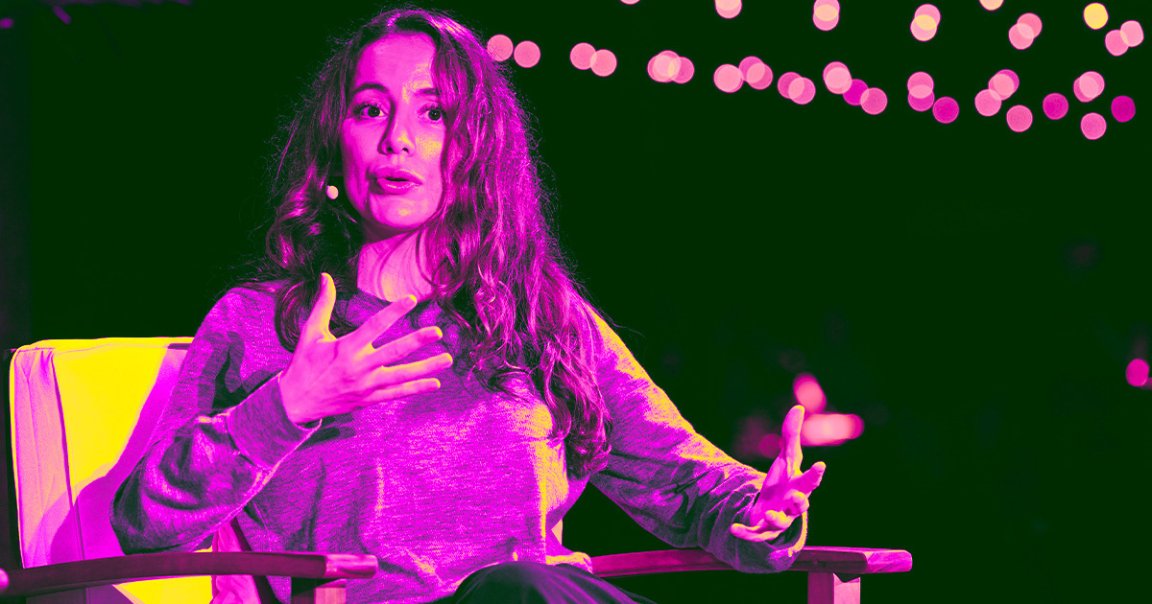
Stay Broke
Generative AI has immediately posed an existential threat to artists — not because the ‘art’ it produces is any good per se, but because it serves as a cheap substitute to paying human creatives, many of whom have already lost their jobs.
This potential — and ongoing — job destruction, among artists or otherwise, is a touchy subject. And what does OpenAI’s chief technology officer Mira Murati have to say about it? Well, Murati, whose PR blunders have come off as incredibly tone-deaf, has once again stirred the pot by boldly suggesting that any artists who lose their jobs to AI probably deserve it — and never should’ve been employed anyway.
“Some creative jobs maybe will go away,” Murati said in an interview at The Thayer School of Engineering at Dartmouth University last month, as quoted by Fortune. “But maybe they shouldn’t have been there in the first place.”
Scorched Earth
The OpenAI CTO also spoke of how AI could impact the job market more broadly.
“I’m not an economist, but I certainly anticipate that a lot of jobs will change. Some jobs will be lost, some jobs will be gained,” Murati said, per Fortune. In her view, it’ll be the “strictly repetitive” jobs that will be obsoleted by AI.
As vague as those predictions are, actual economists tend to agree. A report from the UK’s Institute for Public Policy Research, for example, warned of an impending “jobs apocalypse,” finding that entry-level, part-time, and administrative positions are among the most at risk in the near future.
And right now, the report suggested, it’s jobs that consist of repetitive cognitive tasks that are under threat by ChatGPT and other large language models — like customer service and call center employees who are already being phased out.
Thoughtless Leaders
Murati’s remarks perfectly sum up the glibness that many tech leaders — and small-fry AI bros — have had towards the nagging topic of job automation.
OpenAI CEO Sam Altman, who’s no stranger to making questionable comments himself, has frequently spoken about the issue. He has bluntly warned — perhaps too fatalistically as the guy who is at the forefront of pushing AI’s adoption — that “jobs are definitely going to go away, full stop.”
But even Altman’s comments, ostensibly grave in tone, sound like the words of an adroit orator compared to Murati’s flippant predictions. Earlier this year, Murati was lightly grilled on where OpenAI’s new video-generating AI called Sora got all its training data from. When asked if it was trained on videos on YouTube — which could constitute a huge copyright violation — she floundered.
“I’m actually not sure about that,” Murati replied sheepishly, not unlike a chatbot pushed beyond its comfort zone. With that kind of incompetence, maybe it should be C-suite execs on the AI chopping block, instead of creatives.
More on AI: John Scalzi Discovers That One of His Book Covers Was Created Using AI